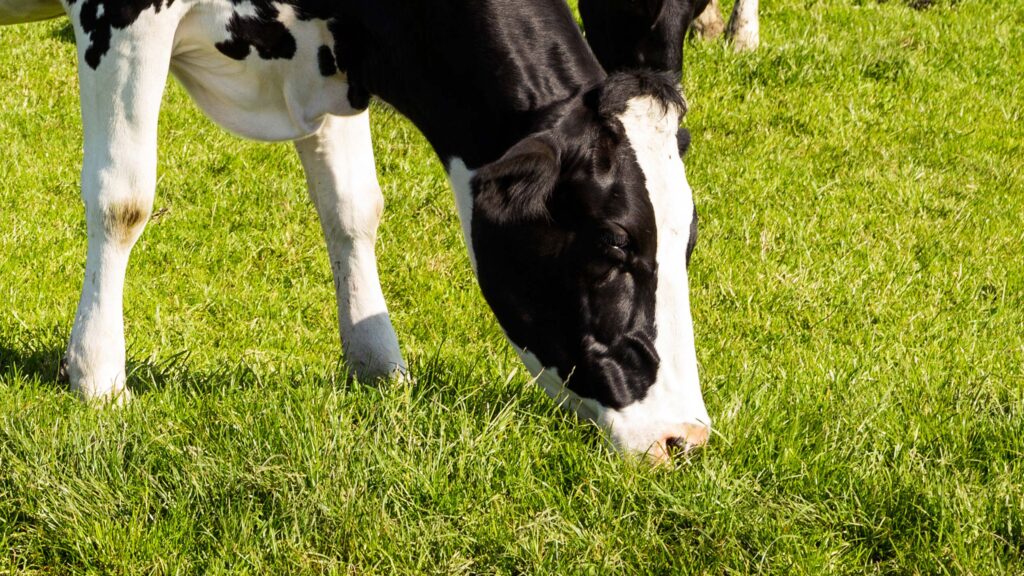Routine wormer no longer reliable for treating lungworm
 © Adobe Stock
© Adobe Stock Farmers are being warned that routine wormer treatments are no longer considered reliable for treating lungworm in cattle, with vaccination now deemed the more effective solution.
The warning comes as an increase in lungworm cases has been reported, even in those cattle treated with wormers, raising concerns about anthelmintic resistance.
See also: Pre-turnout vaccination could stop lungworm deaths in calves
Lungworm infections occur when cattle ingest grass contaminated with larvae from the parasite Dictyocaulus viviparus.
Often characterised by the classic “husk” cough, the disease is primarily a risk to calves in their first grazing season, although older animals can still become infected.
Data indicates lungworm cases are on the rise, with a tenfold increase in infections since the mid-1990s – particularly in Scotland and northern England.
Between the 2018 and 2019 grazing seasons, a 44% increase throughout the UK was reported to the GB Veterinary Investigations Diagnosis.
Vaccination
Vet Ben Strugnell at Farm Post Mortems has noticed an increase in cases recently and urges cattle keepers to vaccinate their livestock before turning them out to prevent infection.
“It’s difficult to predict when lungworm may strike, so vaccinating cattle before turnout allows animals to develop immunity without relying on wormers,” he said.
Research from the University of Glasgow adds to the pool of evidence that suggests increased resistance to macrocyclic lactones (MLs), such as ivermectin and moxidectin, resulting in failed treatment.
“No new wormers are coming soon, so we need to maintain the efficacy of our current products,” said Glasgow University PhD student Paul Campbell, who led the recent study on resistance to macrocyclic lactones in treating lungworm.
The rise in cases, coupled with increasing industry pressure to reduce routine anthelmintic use, further cements the need for farmers to consider vaccination.
Mr Campbell said: “The industry’s use of wormers is under increasing scrutiny; we are now seeing some milk processors pushing to reduce their use, and likely to see policies introduced similar to antibiotics.
“With lungworm, you really want to be managing it before you see clinical disease. Vaccination, combined with good grazing management and stockmanship, offers the most effective long-term solution to lungworm.”
